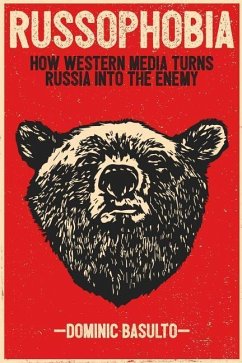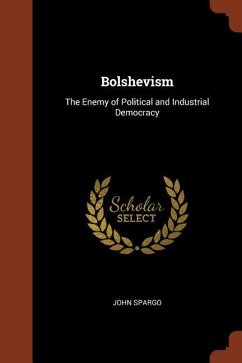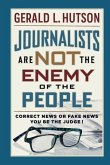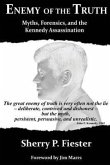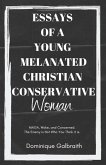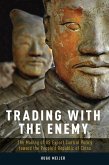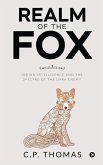The current Russophobia in the Western media should not come as a big surprise. During the Cold War era, the stereotype of dour, unsmiling Russians victimized by a ruthless, authoritarian regime that posed an existential nuclear threat to the West became a mainstay of the media narrative. Even after the end of the Cold War, Russophobia continued to influence the way the West viewed Russia. This book attempts to understand how Russophobia within the Western media during the Putin era (2000-2015) led to a new Cold War between Russia and the West that includes elements of information, cyber and economic warfare. Russophobia attempts to answer the following questions: Why are any attempts by Russia to change the Western media narrative immediately derided as propaganda? What do Western policymakers get wrong about the Kremlin's motives? And, most importantly: Is there a cure for Russophobia?

